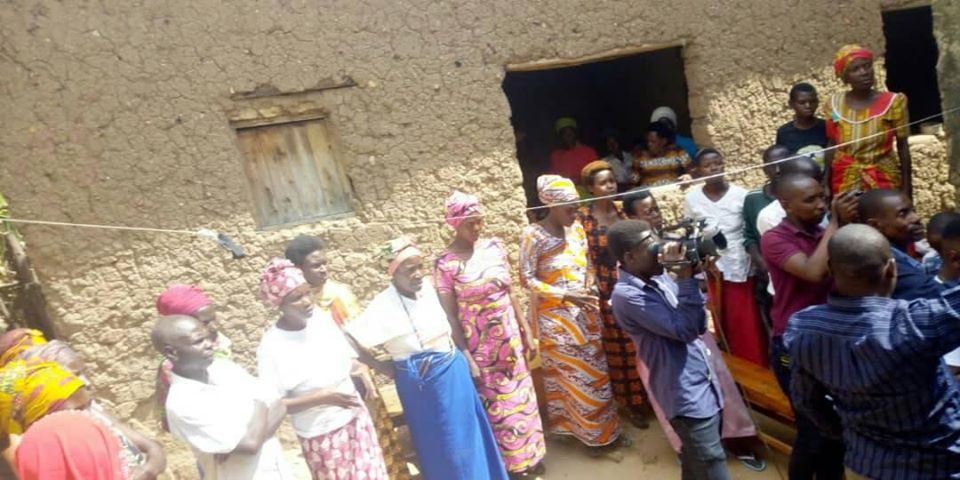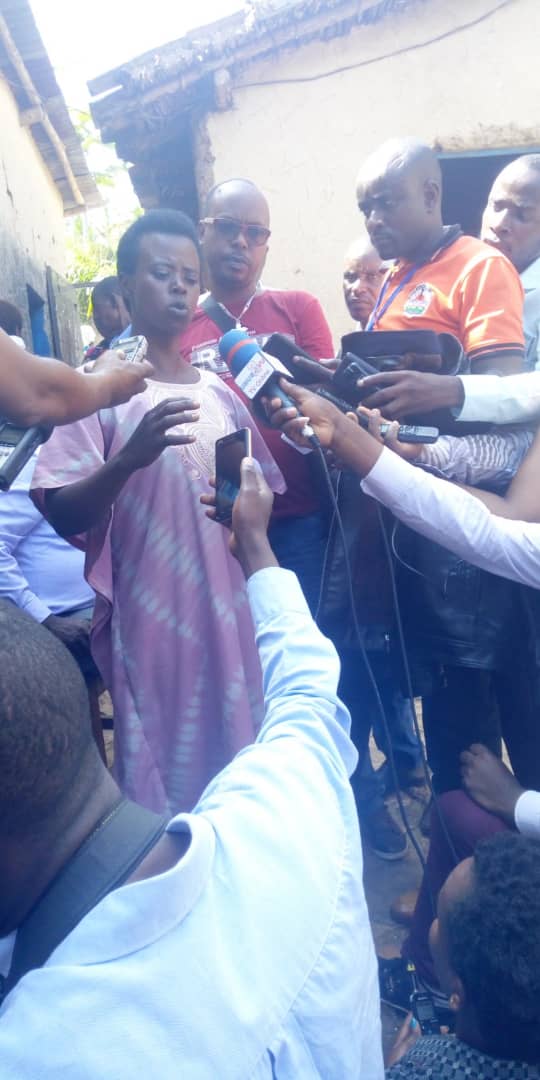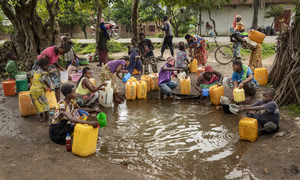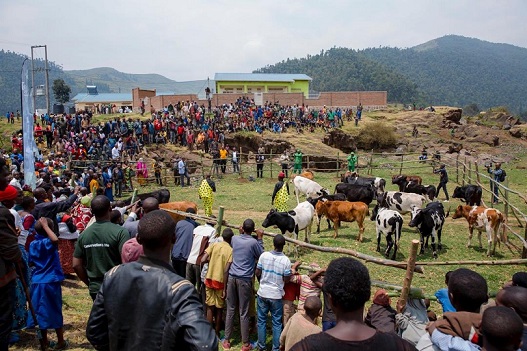By Basanda Nsimbyi Oswald
Journalists writing about health stories in Rwanda (Abasirwa) have taken a stand against the HIV/AIDS epidemic so that the number of infections does not continue to rise. Efforts have been made in collaboration with the National Agency (RBC) and UNAIDS to mitigate the epidemic.
In Rwanda, they have commemorated World AIDS Day 33 times and 40 times internationally.
The theme for the year 2022 is '' I for you, eradicate AIDS '', where everyone has to take part in the fight against AIDS, the person who is at the forefront of a healthy life, must remove the barriers and customs that prevent him from seeing pest control services.
The category of vulnerable people needs to be addressed including women, girls. Gender equality and equality must be valued.
The AIDS virus is one of the health concerns in Rwanda and around the world.
There is a strong international commitment to preventing the spread of the new Covid-19 virus, and those who have already been infected with the virus are being given the opportunity to continue their care.
37.7 million People worldwide have already been infected with the Covid-19 virus, a figure released in 2020. In Rwanda, over the past 15 years, HIV prevalence has risen by 3.0%. In 2019 people between the ages of 15 and 64 for women were 3.7% and for men 2.0% the figure was down 2.6% for people between the ages of 15 and 49, overall, it remained 3.0%.
The Rwandan AIDS Journalists (Citizens) have become a channel in the print media, on radio and television, with a special focus on tackling the HIV / AIDS epidemic. The organization was founded in 2005.
Twizeyemungu Gabriel, a representative of the HIV / AIDS Center in Kirehe District RRP +, said that if there were no drugs to reduce the severity of the virus, there would be more graves, as the dead they would be many but because they are given medicine they continue to live.
Dr Emmanuel Nsanzamahoro says the clinics in the area provide free medical care to people living with HIV, including monitoring their health. More than 3,000 HIV / AIDS associations and cooperatives are involved in educating others on how to prevent new infections.
The achievements of the Abasirwa
Journalists in the Aboriginal community have advocated for children who have been excluded from registering in the civil registry, teaching infected women not to have unprotected sex, whether they are sick or not, and urging them to get tested to find out their status.
The victims spoke to members of Itetero in Nyanza District, who said that they grow mushrooms and grind beans; they have a market inside and outside the country and their health are stable. The 32 members, including 2 men.
The women said, "Some test takers are afraid to come to the cooperative and go to the cooperative and put themselves in the public eye and choose to be private, but they do so with alcohol and tobacco, and they find that they are more at risk, because of self-denial and loneliness. Day ''.
Uwimana Josée, Director of the Itetero Cooperative, said that the national administration had made it difficult for them to get tested, and the infected were helped to get antiretroviral drugs and build confidence in taking the medication as long as life goes on.
The Global Fund, which sponsors the two-million-five-million-euro (2,500,000fRw) organization, said it was "making it more productive in mushroom farming and processing beans as we develop it."
Ennock Bahati, the Executive Secretary of the National Assembly, said that the reason for visiting the Cooperative for Children living with HIV/AIDS was to raise awareness among the infected and continue to take anti-retroviral drugs and their strategies to continue to prevent new infections and treatments.
Mrs. Odethe, RRP + National Cooperative Officer, said that the members of the Itetero Cooperative have received a grant of Rwf2.5 Million and will be able to produce it.
The first case of HIV/AIDS was first reported in the United States in 1981. In Rwanda, the first patient was diagnosed at CHUK General Hospital in 1983.






